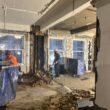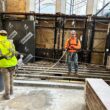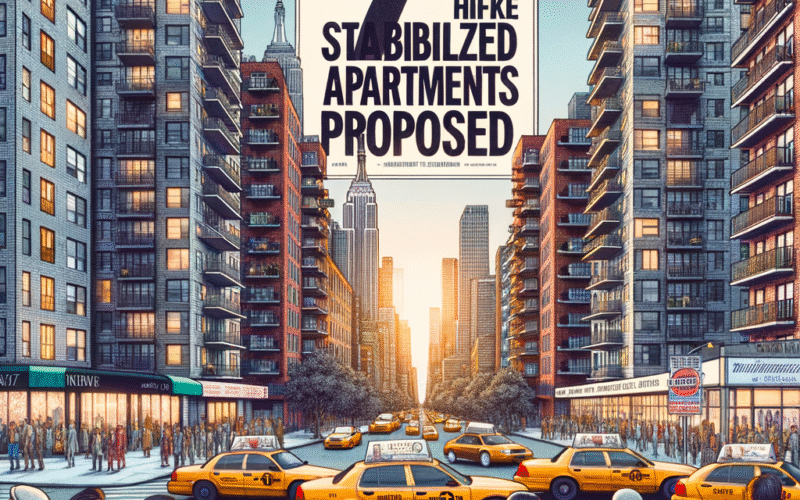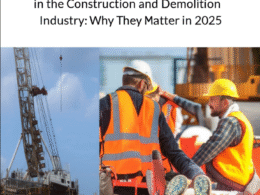NYC’s Proposed 7%+ Rent Hike: What It Means for Rent-Stabilized Tenants
If you’re one of the nearly two million New Yorkers living in a rent-stabilized apartment, you might want to brace yourself. The New York City Rent Guidelines Board (RGB) just proposed a rent hike that could make your next lease a whole lot pricier. For some, it’s sparking serious concerns about affordability in an already high-cost city.
So what exactly is happening, and how might it affect you? Let’s break it all down in a way that’s easy to understand.
🔍 What Is the Rent Guidelines Board and What Do They Do?
Before we jump into the proposed rent bump, let’s talk about what the Rent Guidelines Board is. Each year, this board—made up of nine members appointed by the mayor—votes on how much landlords can raise the rent for regulated apartments.
These aren’t random apartments. The decision only affects rent-stabilized apartments, which are a kind of protected housing that keeps rent increases in check. Most of these were built before 1974 and have certain legal protections to keep them affordable.
How Are Rent Hikes Decided?
Every spring, the board proposes a range of possible increases. They consider factors like:
- Inflation
- Landlord expenses (like utilities, maintenance, and property taxes)
- Tenant income data
Once the proposed ranges are announced, there’s a public hearing. After that, they vote one last time in June to set the final rates, which typically go into effect in October.
📈 What’s Being Proposed for 2024?
This year, the board is proposing:
- 2% to 5.25% increase for one-year leases
- 4% to 7.75% increase for two-year leases
If the board votes in favor of the upper end, a two-year lease could leap nearly 8%. For many tenants already living paycheck to paycheck, that’s a steep climb.
💸 Why Is the Board Considering Such a Big Increase?
The board says landlords are under financial pressure. According to recent reports, operating costs are rising due to inflation, increased property taxes, and the lingering impacts of the pandemic. They argue that without higher rents, landlords can’t continue to maintain buildings.
But here’s the tricky part: While landlords might be spending more, tenants are also struggling. Many New Yorkers are still recovering from job losses or income dips due to COVID-19. So, who shoulders the burden? It’s a messy issue, and there are no easy answers.
🏘️ How Does This Impact Rent-Stabilized Tenants?
If you’re in a rent-stabilized apartment, you can only get rent increases when you sign a new lease—either for one or two years. So, you won’t wake up tomorrow with a rent hike, but when it’s time to renew, it could cost you quite a bit more.
Let’s break that down in real numbers. Say you pay $1,500 now:
- With a 5.25% increase, your one-year lease would jump to about $1,579 per month.
- With a 7.75% bump over two years, you’d be looking at around $1,616 monthly.
That might not seem huge to some, but over the course of a year or two, it really adds up. And for lower-income tenants, it could be the difference between staying put and being forced to move.
📢 Tenant Advocates Are Speaking Out
Not surprisingly, tenant advocacy groups are upset. They argue that another rent hike will only deepen the city’s housing crisis. Many renters are already paying 30%, 40%, or even more of their income just to keep a roof over their heads.
One tenant advocate put it simply: “People can’t afford this—not now, not after everything we’ve been through.”
The rent hike also adds fuel to ongoing debates about homelessness and housing insecurity. If more people are priced out of their homes, where will they go? New York City’s housing shelters are already stretched thin. An increase in evictions could make things worse.
🏢 Landlords Say They’re Struggling, Too
Meanwhile, landlord groups are saying the proposal doesn’t go far enough. They believe that unless rents rise even more, they won’t be able to pay staff, repair properties, or keep up with rising costs.
Some owners say they’ve been losing money for years and are now barely breaking even. They point out that aging buildings, especially rent-stabilized ones, need constant repairs—plumbing, heating, elevators—all of which cost money.
Of course, the reality depends on the landlord. Some own just a few units and are feeling the pinch. Others own dozens (even hundreds) and have deeper pockets.
So again, there’s no one-size-fits-all explanation here.
📅 What Happens Next?
Here’s the timeline you need to know:
- May–June: There will be public hearings where tenants, landlords, and community leaders can speak up.
- June 17: The board will make a final decision and vote on the actual increase numbers.
- October 1: New rent rates go into effect for leases signed after this date.
🤔 What Can You Do?
Now’s a good time to get informed and, if you care about the outcome, make your voice heard. If you’re a tenant, here’s how you can take action:
- Attend a public hearing or submit a written comment to the board.
- Reach out to your local officials and let them know how this impacts you.
- Join a tenant association or community group advocating for affordable housing.
The Rent Guidelines Board works for the people, and they need to hear from all sides—not just landlords or economists. Your story could help shape the conversation.
💬 The Bigger Picture
This rent proposal is about more than just percentages—it’s about the lives of everyday people trying to live and work in New York City. It’s about couples raising kids, seniors on fixed incomes, and workers who keep the city running.
Reasonable rent increases may be necessary, but when the scales tip too far in one direction, it can leave thousands of people behind. That’s why it’s important to keep talking, keep asking questions, and keep pushing for affordable housing policies that work for everyone.
✨ Final Thoughts
Living in New York has never been cheap, but for many, rent-stabilized apartments are the only reason they can afford to stay. A 7.75% rent hike could push some residents to the edge—at a time when stability has never felt more fragile.
Whether you’re a tenant, a landlord, or just someone who cares about the city, this is a conversation worth paying attention to. The final vote in June could change the course of housing for thousands across the five boroughs.
What do you think? Should rent go up to help landlords, or should the city do more to protect renters? Join the conversation in the comments below.








